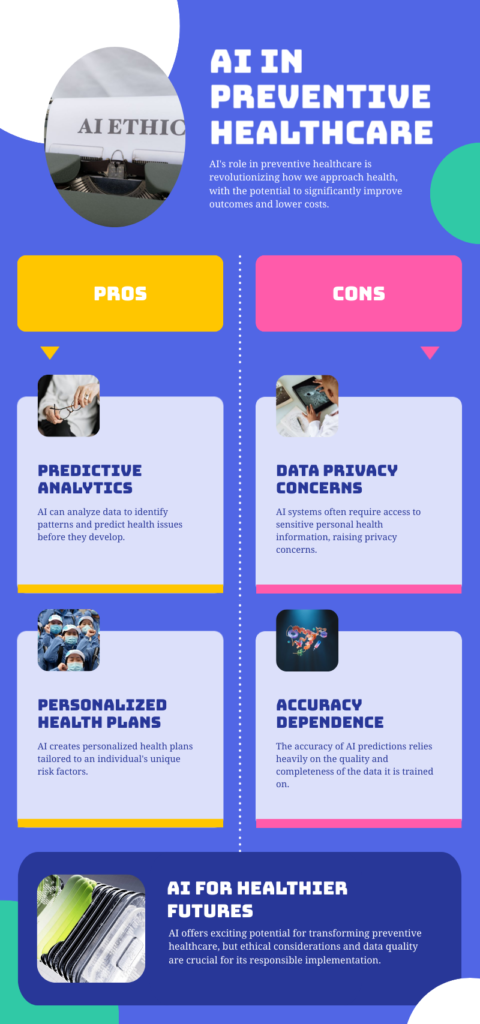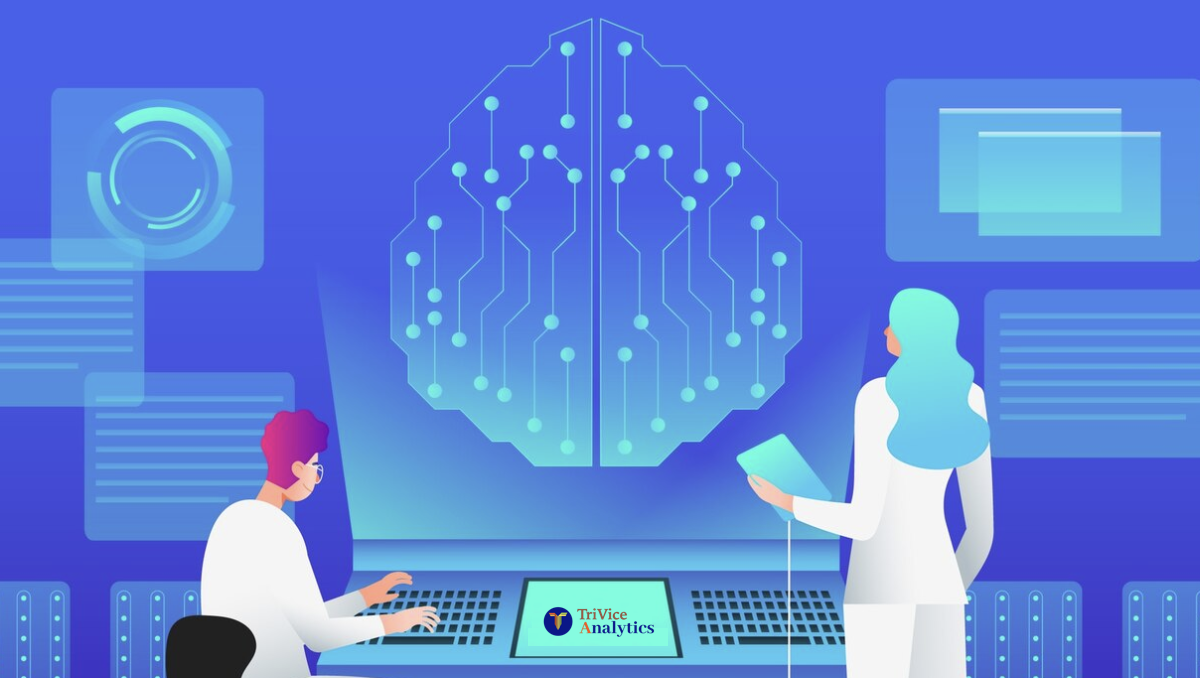Recently, I was reflecting on the challenges we face in healthcare, especially when it comes to preventing diseases rather than just treating them. It struck me how often traditional preventive methods, while well-intentioned, just don’t seem to go far enough. This got me thinking about the potential of new technologies, particularly AI, and how they’re beginning to reshape the landscape.
For example, I came across a case where predictive analytics flagged a patient at risk for a chronic condition well before any symptoms appeared. This wasn’t just about early detection; it was about enabling the kind of proactive care that can actually prevent the condition from developing in the first place. It made me realise that AI isn’t just an add-on to our current systems—it’s fundamentally transforming them.
Now, when I consider how AI is being used to create personalised health plans and continuously monitor patients, I’m convinced that this technology is the key to overcoming the limitations of traditional preventive methods. It’s like we’re moving from a reactive approach to a truly proactive one, and I believe this shift could be the breakthrough we need to significantly improve population health and reduce costs across the board.
Preventive healthcare is key to improving population health and reducing costs, but traditional methods often fall short. AI is changing this by enabling proactive care. From predictive analytics to personalised health plans and continuous monitoring, AI-driven prevention is transforming how we approach healthcare.
- Predictive Analytics: AI can analyse vast amounts of data to identify patterns and predict future health issues before they become critical. This means healthcare providers can intervene earlier, potentially preventing diseases from developing or worsening. For instance, AI algorithms can predict the likelihood of chronic conditions like diabetes or heart disease based on a patient’s medical history, lifestyle, and genetic factors.
- Personalised Health Plans: AI enables the creation of highly personalised health plans tailored to an individual’s unique risk factors and needs. Unlike traditional one-size-fits-all approaches, AI considers a person’s genetic makeup, environmental influences, and even behavioral patterns to recommend specific preventive measures. This could range from dietary recommendations to specific exercises or even regular screenings that are uniquely suited to the individual.
- Continuous Monitoring: With the rise of wearable technology and IoT devices, AI can continuously monitor a person’s health in real-time. This ongoing surveillance allows for immediate detection of any anomalies that could signal the onset of a condition. AI can analyse data from devices like smartwatches, glucose monitors, or heart rate trackers to alert both the user and their healthcare provider if something unusual is detected, allowing for swift preventive action.
- Reducing Costs: By shifting the focus from treatment to prevention, AI can significantly reduce healthcare costs. Preventive care is generally less expensive than treating a disease after it has fully developed. By predicting and preventing illnesses, AI reduces the need for costly interventions and hospitalisations, making healthcare more sustainable in the long term.
- Behavioral Insights: AI can also play a role in understanding and influencing patient behavior. By analysing data from social media, apps, and other digital platforms, AI can identify behaviors that may contribute to health risks and suggest interventions. For example, AI could detect patterns of stress or depression in someone’s online behavior and recommend mental health support.

However, there are challenges as well. Data privacy is a significant concern, as AI systems often require access to sensitive personal health information. Additionally, the accuracy of AI predictions depends on the quality of the data it is trained on. If the data is biased or incomplete, the AI’s recommendations may not be effective or could even be harmful.
Overall, AI has the potential to revolutionise preventive healthcare by making it more proactive, personalised, and efficient. It’s an exciting development that could lead to healthier populations and a more sustainable healthcare system. The key will be ensuring that these technologies are implemented ethically and responsibly, with a focus on equitable access and patient privacy. Read more how Capri is helping North Central London Integrated Care Board to manage long term conditions and health inequality with their Boroughs.
What are your thoughts on the ethical considerations of AI in preventive care, or any other aspect of its impact?




